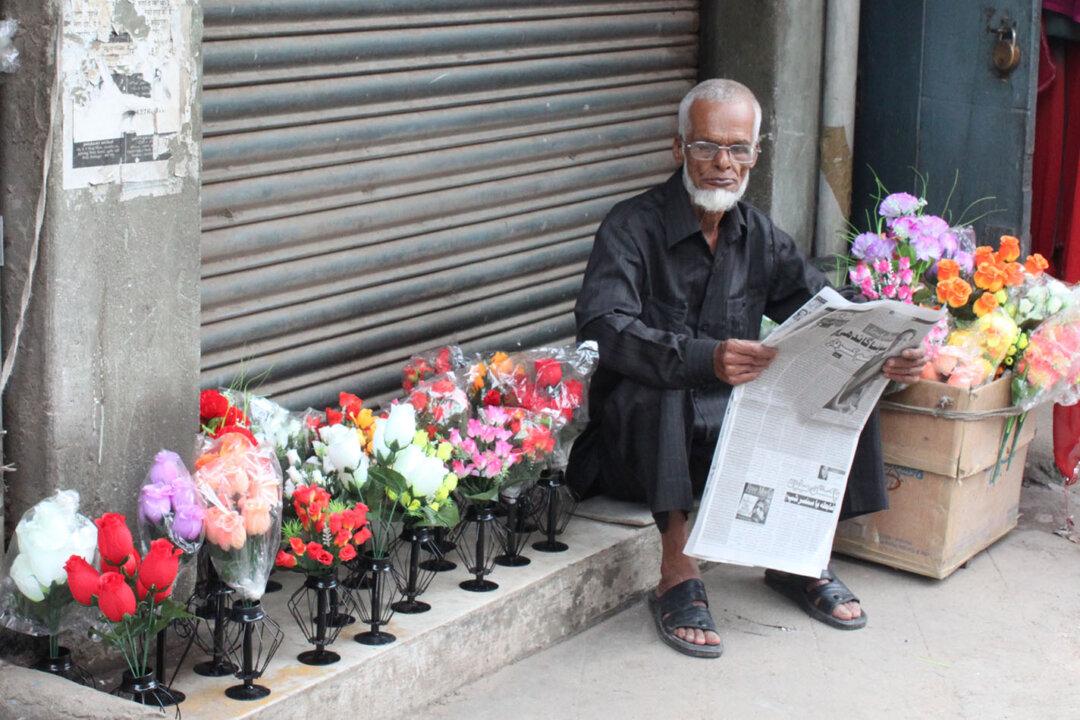Finished plastic imports from China are threatening the survival of thousands of plastic manufacturers in India and the livelihood of over 4 million workers, according to the Associated Chambers of Commerce and Industry of India (ASSOCHAM).
“Many of the units have reportedly been closed down and many more are on the verge of closure, while surviving units are operating at less than 70 percent of their installed capacity as the sector is witnessing negative growth trends,” said D.S. Rawat, the secretary general of ASSOCHAM in a press release.
Heavy imports of finished plastics products under Preferential Trade Agreements specifically from China and other South-Asian Association for Regional Cooperation (SAARC) nations is reportedly harming the survival of over 55,000 of India’s domestic plastic processing units.
According to the release, the major cause of the threat is the decision taken by the Indian government in May this year to increase customs duty from five to 7.5 percent on plastic granules, the major raw material for the plastic industry—while import of finished products continues at zero or concessional duties.
To safeguard growth of plastics processing sector, ASSOCHAM has suggested the government that anti-dumping duty or safeguarding duty should be imposed on import of cheap plastic finished products from China and other neighboring countries. Customs duty of 15 percent should be applicable on imports of finished products from all countries.
The chamber also recommended certain immediate steps to boost the plastics industry, suggesting the government roll back the customs duty from 7.5 percent to 5 percent on certain plastic raw materials and to abolish any entry tax by state governments or local taxes on consumption in order to make local industry viable and fit for the competitive market.
“There is a need to bring [the] plastics processing sector back on growth path as it will contribute substantially to increase gross domestic product, create employment opportunities, help in controlling twin deficits of current account and fiscal, control inflation, and provide plastic items to masses at an affordable price,” Rawat said.




